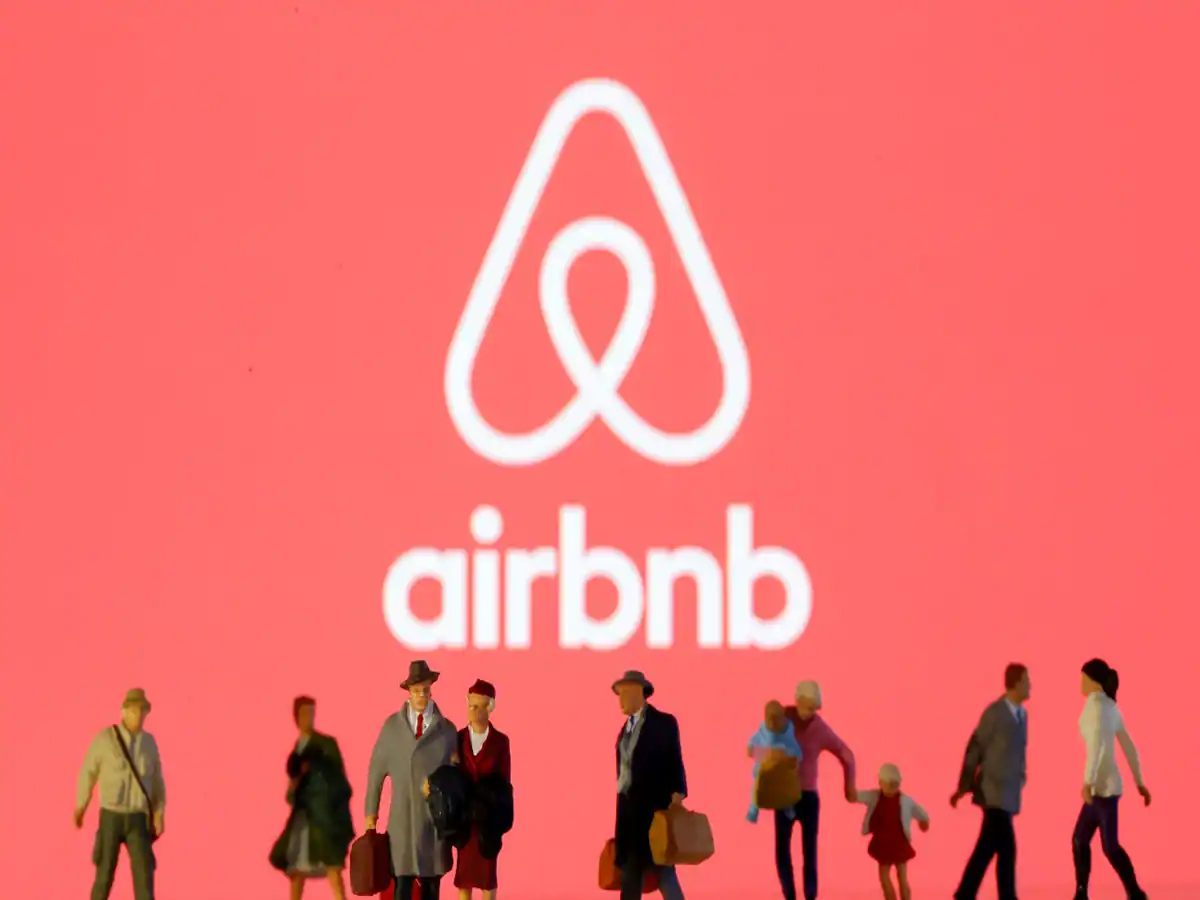During Tuesday’s Q2 earnings call, Airbnb CEO Brian Chesky announced the company’s imminent expansion into new products and services, such as co-hosting, a revival of “experiences,” and enhanced guest services
The company positioned the forthcoming offerings as a means for Airbnb to expand its revenue by establishing a reputation for offering more than just short-term vacation rentals.
Chesky informed investors that they would be required to implement numerous novel initiatives.
Airbnb intends to establish a connection between homeowners who cannot manage their listings and those who have the time but do not have a home to offer on the platform through co-hosting, which will be implemented later this autumn.
“What if we could pair those two individuals?” The executive stated, “That would unlock a significant amount of inventory.”
The company also hinted at the relaunch of “experiences,” a feature that had previously enabled Airbnb guests to reserve activities such as excursions, outings, and other activities near their stay.
Nevertheless, Airbnb suspended the option last year as part of its strategy to concentrate on its primary services.
Airbnb has declared that it will reinstate its experiences in the upcoming year, having acquired knowledge from previous endeavors regarding what proved successful and what failed. Chesky clarified that experiences must be “more affordable” and distinctive to Airbnb.

The company disclosed to Bloomberg earlier this month that it was considering implementing “in-home experiences” that could potentially attract customers away from hotels. These experiences include personal chefs, massages, and mid-stay cleanings.
The company thinks that the new offerings will enable Airbnb to establish a reputation for more than just its short-term rentals when combined.
“Airbnb will focus on long-term stays, guest services, host services, and various new offerings,” Chesky informed investors. “And you will begin to observe that next year.”
The vacation rental startup’s earnings call, which covered a lackluster second quarter, revealed that its profits had decreased by 15% due to shortened booking lead times and reduced demand from U.S. travelers.
This news caused the stock to plummet by over 16% in after-market trading.



